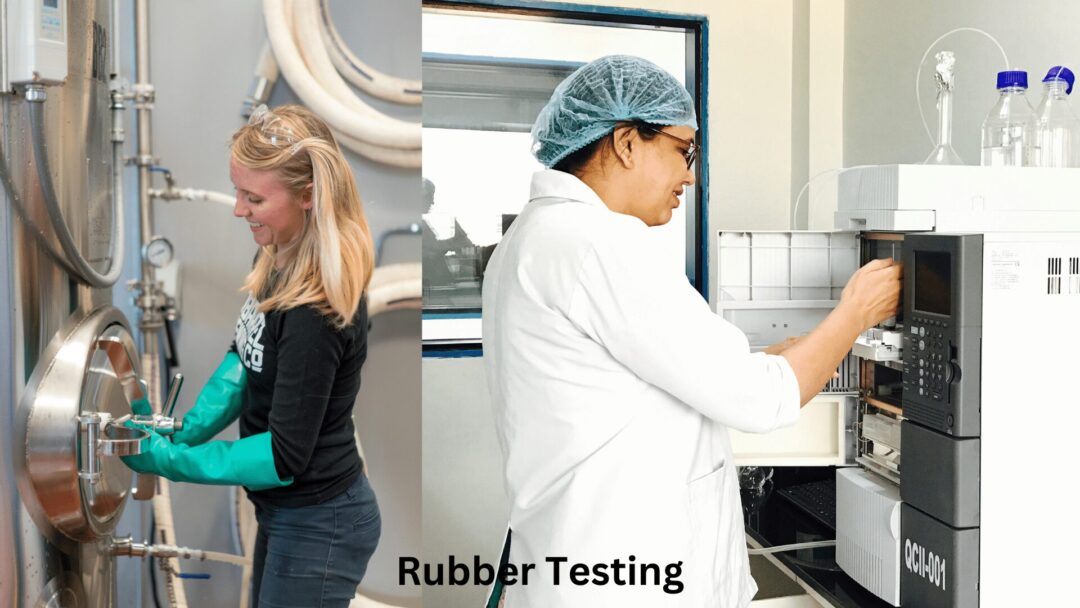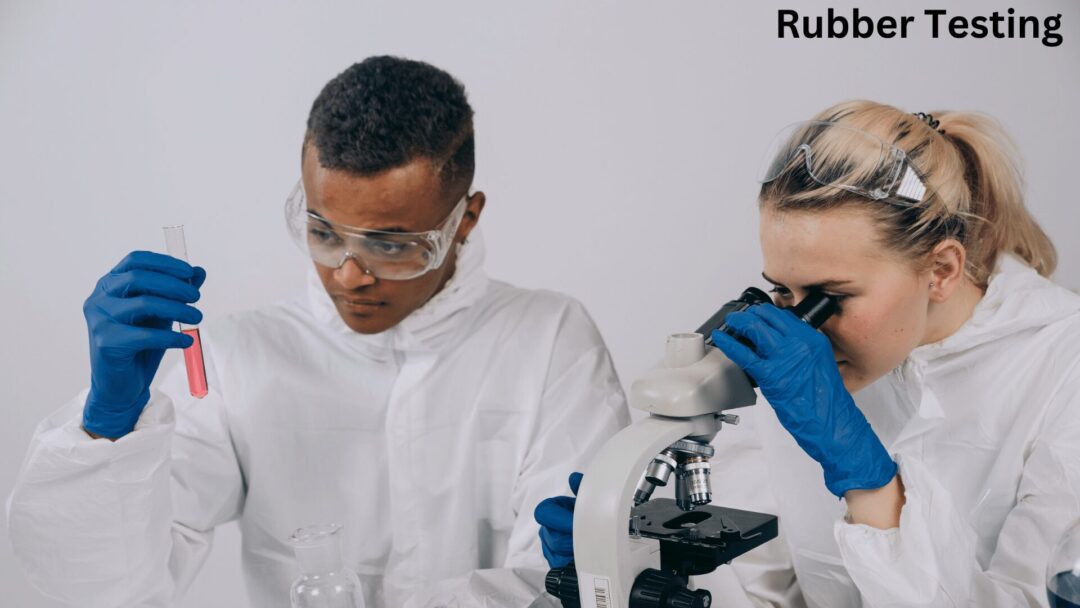
Rubber Testing, Oil Filter Testing, and Radiator Testing are all essential processes in the automotive industry. These tests ensure that the components used in the manufacture of vehicles meet safety standards and perform as expected. In this blog, we will discuss the significance and applications of rubber testing, oil filter testing, and radiator testing in the UK.

Rubber Testing:
Rubber is a commonly used material in the automotive industry, and it is essential to ensure that it meets safety and performance standards. Rubber testing involves assessing the physical and mechanical properties of rubber, including its hardness, tensile strength, and elongation at break. These tests ensure that the rubber used in the manufacture of vehicles is durable, resilient, and able to withstand extreme temperatures and weather conditions.
One significant application of rubber testing is in the manufacture of tires. Tires are the only point of contact between a vehicle and the road, and they must be able to grip the surface and provide adequate traction to ensure safe driving. Tire manufacturers conduct extensive testing on rubber compounds to ensure that they provide optimal performance in a variety of driving conditions, including wet and dry roads.
In addition to tires, rubber is also used in the manufacture of various automotive components, including engine mounts, seals, and gaskets. These components play a crucial role in the functioning of the vehicle, and it is essential to ensure that they are made from high-quality rubber that can withstand the stresses of daily use.
Oil Filter Testing:
Oil filters are a vital component of any vehicle’s engine, and they must be able to remove contaminants from the oil to ensure that it circulates properly and prolongs the life of the engine. Oil filter testing involves assessing the efficiency of the filter in removing contaminants from the oil and ensuring that it does not restrict the flow of oil to the engine.
One significant application of oil filter testing is in the manufacture of oil filters for diesel engines. Diesel engines produce more contaminants than gasoline engines, and the oil filter must be able to remove these contaminants effectively to ensure that the engine runs smoothly. Manufacturers conduct extensive testing on oil filters to ensure that they can remove a high percentage of contaminants while still allowing oil to flow freely.
In addition to diesel engines, oil filters are also used in gasoline engines and must be able to remove contaminants effectively to prevent engine damage. Oil filter testing ensures that the filter can provide optimal performance in a variety of driving conditions, including high-speed driving and extreme temperatures.
The radiator is responsible for regulating the temperature of the engine and preventing it from overheating. Radiator testing involves assessing the efficiency of the radiator in removing heat from the engine and ensuring that it can withstand the stresses of daily use.
One significant application of radiator testing is in the manufacture of radiators for heavy-duty vehicles, such as trucks and buses. These vehicles generate a significant amount of heat, and the radiator must be able to remove this heat effectively to prevent engine damage. Manufacturers conduct extensive testing on radiators to ensure that they can withstand the high temperatures and stresses associated with heavy-duty use.
In addition to heavy-duty vehicles, radiators are also used in passenger cars and must be able to regulate the engine temperature effectively in a variety of driving conditions. Radiator testing ensures that the radiator can provide optimal performance and prevent engine damage in extreme temperatures and driving conditions.
Conclusion
Rubber testing, oil filter testing, and radiator testing are essential processes in the automotive industry. These tests ensure that the components used in the manufacture of vehicles meet safety and performance standards and can withstand the stresses of daily use. The applications of these tests are widespread, from ensuring that tires provide optimal performance in a variety of driving conditions to ensuring that radiators can regulate the engine temperature effectively. As technology advances and vehicles become more complex, the importance of these tests will only continue to grow, ensuring that drivers





No comment yet, add your voice below!